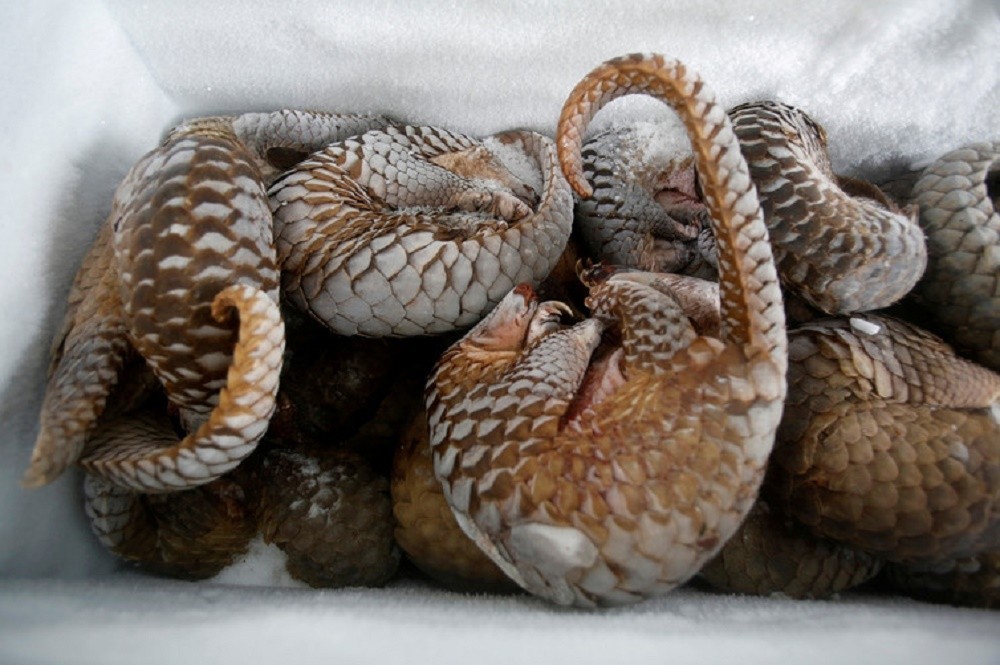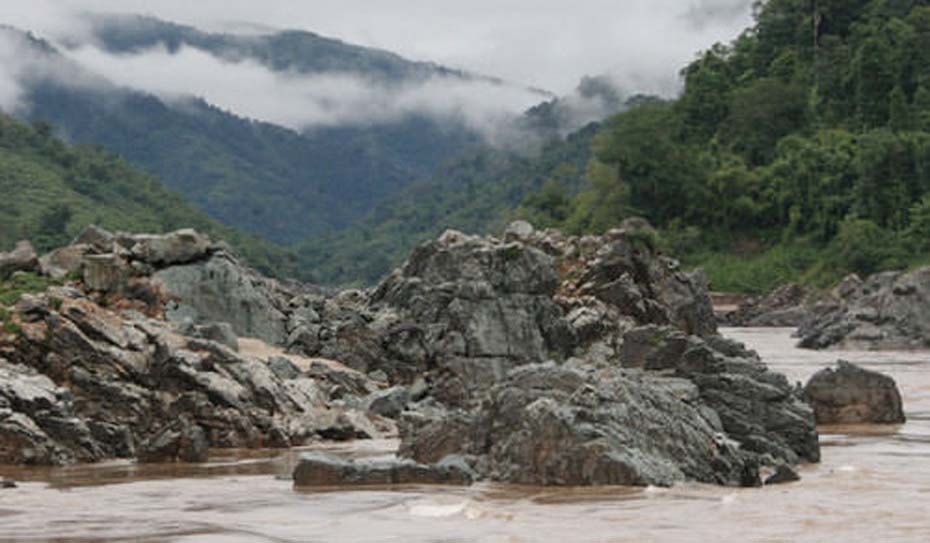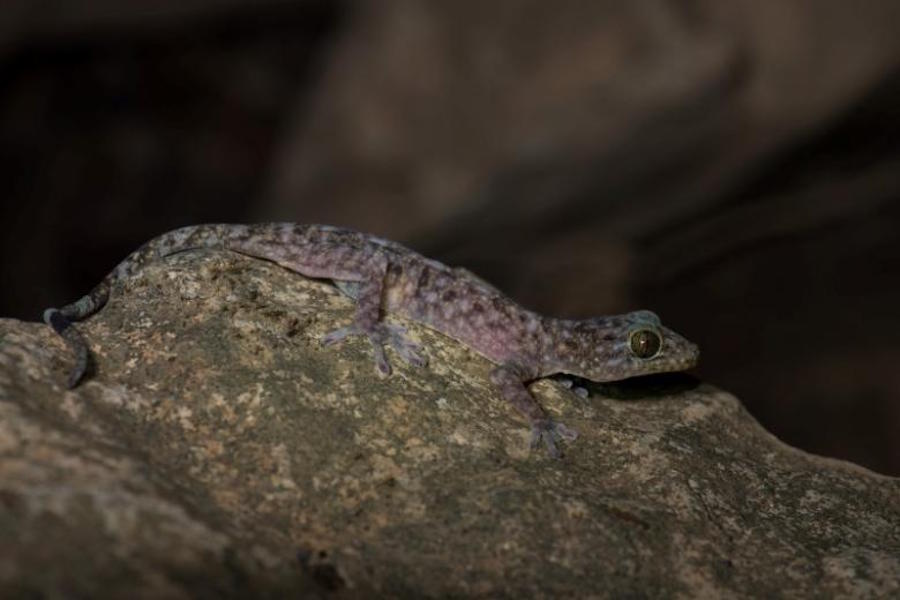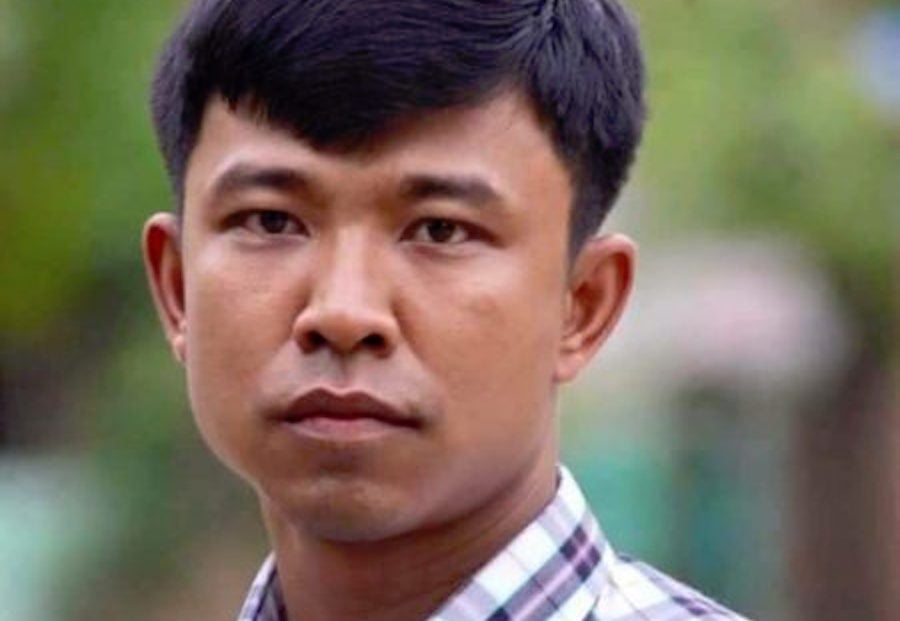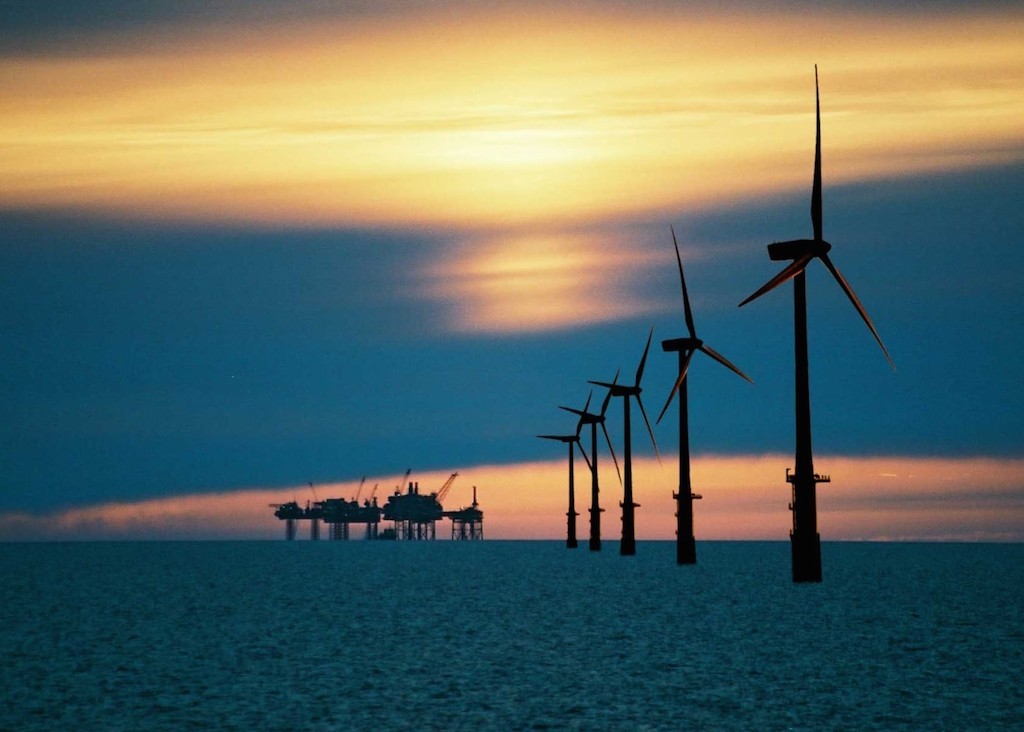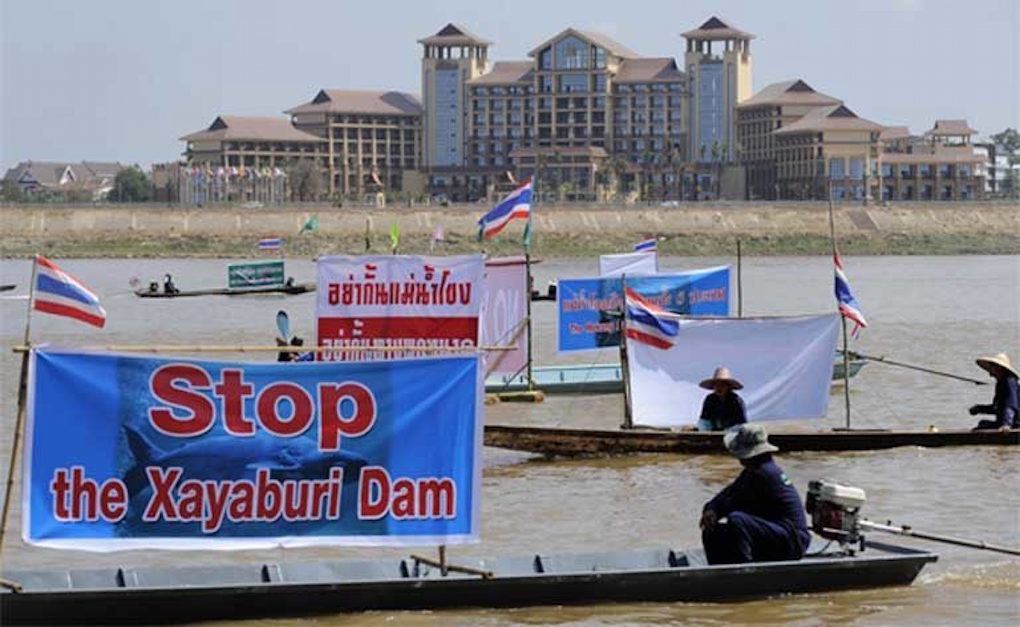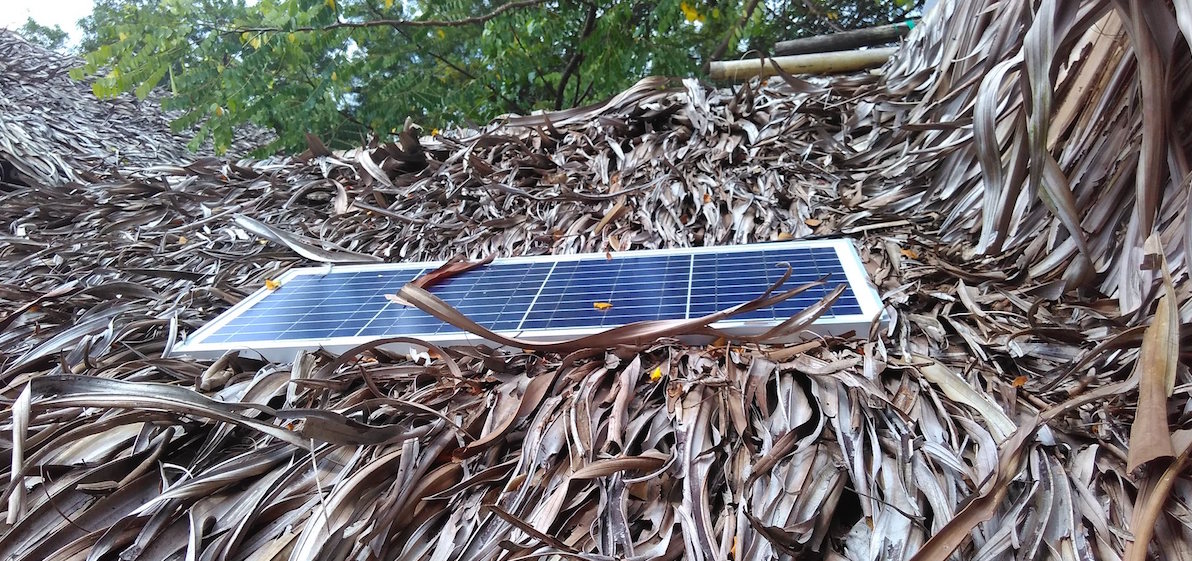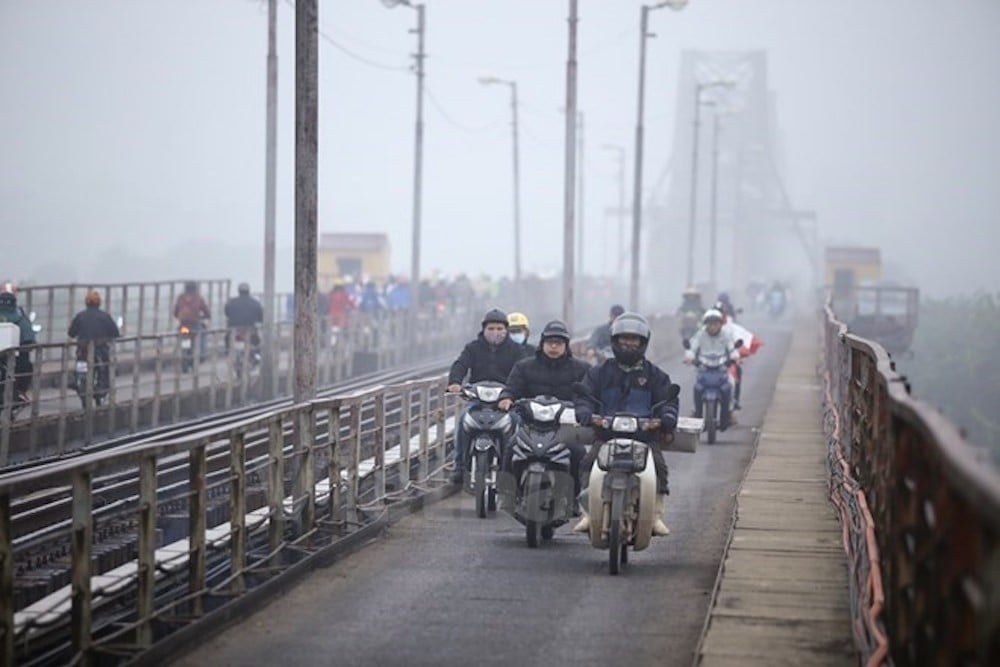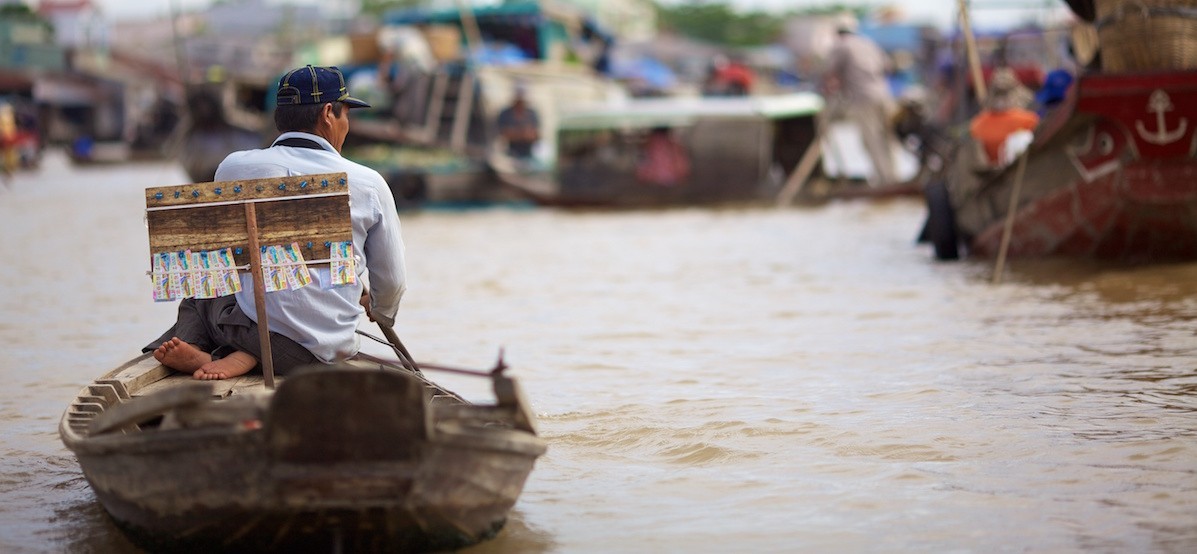Rich in wildlife, Southeast Asia includes at least six of the world’s 25 “biodiversity hotspots” – the areas of the world that contain an exceptional concentration of species, and are exceptionally endangered. The region contains 20% of the planet’s vertebrate and plant species and the world’s third-largest tropical forest.
Category: China
Spare the Mekong
The Prayut Chan-o-cha government made an out-of-the-blue decision that paves the way for the demolition of the Mekong River’s rocky outcrops for the sake of “improved waterway navigation”.
The justification offered is both weak and unjustified. The public was neither consulted nor informed while the well-being of the ecology of the world’s tenth longest river is at risk. And the party gaining the most significant trade benefits will obviously be China.
Scientists discover 163 new species in Greater Mekong region: WWF
A rainbow-headed snake and a dragon-like lizard are among 163 new species that scientists recently discovered in the Greater Mekong region, conservation group WWF said on Monday, adding rapid development in the area, from dams to mines, was threatening wildlife survival.
Another victim of illegal logging and forest crime?
The killing in Myanmar of a journalist who covered issues related to illegal logging in the country must be investigated thoroughly and all findings made public.
Soe Moe Tun was based in the Sagaing region, working with Eleven Media News in Myanmar. According to initial reports today (December 13), he was found with extensive head and facial injuries; local police have begun an investigation into his death.
China’s clean-energy giants on an overseas shopping spree
Chinese state-funded renewable energy firms are spreading the net overseas, as quality new projects become harder to come by at home, and have already been successful in snapping up some prime operational projects, while bidding for others, both in developed and emerging markets.
The two most active are China General Nuclear Power Group, the nation’s largest nuclear reactor developer, and China Three Gorges, the country’s biggest hydro power projects developer.
Managing the Mekong’s Economy for Whom?
“Water is liquid capital” proclaims the lead-out of World Wide Fund for Nature’s new report “The Role of the Mekong in the Economy.” Released earlier this month at the 2016 Mekong Forum on Water, Food and Energy, the report’s findings stress that despite the Mekong’s central role to the economies of countries in the Lower Mekong Basin, river management decisions are not being coordinated with long term economic development, nor planning efforts. Unless decision makers start considering the connections between water choices and economic development, the region’s prosperity seems destined for trouble.
The media megaphone: does it help curb bad infrastructure projects?
We live today in the most explosive era of infrastructure development in human history. By mid-century the unprecedented rate of highway, dam, mine and power plant construction; along with city growth, will girdle the globe in concrete. Arguably, that burst of activity will improve the lives of millions. But it is also coming at a terrible cost to the natural world, as we lose the rainforests, estuaries, wetlands, wildlife and indigenous people of our planet.
Off-grid solar to help Myanmar bring electricity to all by 2030
Four feet in length, of aggressive disposition, and deadly poisonous: you don’t want to stand on a Russell’s viper in the dark. Especially if there’s no antivenom for miles around. Yet that’s the daily predicament facing millions of villagers in Myanmar, where snakebites cause about 500 deaths every year.
In Yin Ma Chaung, a rural settlement about nine hours by car from Yangon, villagers can rest easier knowing there are doses of antivenom chilling securely in a new refrigerator in the village’s community centre, powered by solar.
New Mekong pact to boost capitals’ connectivity
A major expansion of economic-corridor networks and new areas for economic investment valued at US$32.6 billion (Bt1.2 trillion) will strengthen links between the capital cities of Mekong countries, according to the agreement revealed at the 21st Greater Mekong Subregion (GMS) Ministerial Conference in Chiang Rai province yesterday.
Moving beyond the Myitsone dam dilemma
Amid a wave of popular protest, construction on the Chinese-backed project was halted by the Thein Sein government in 2011. Daw Aung San Suu Kyi’s assurances in August that there will be a solution to the stalled dam may be welcome news in Beijing.


